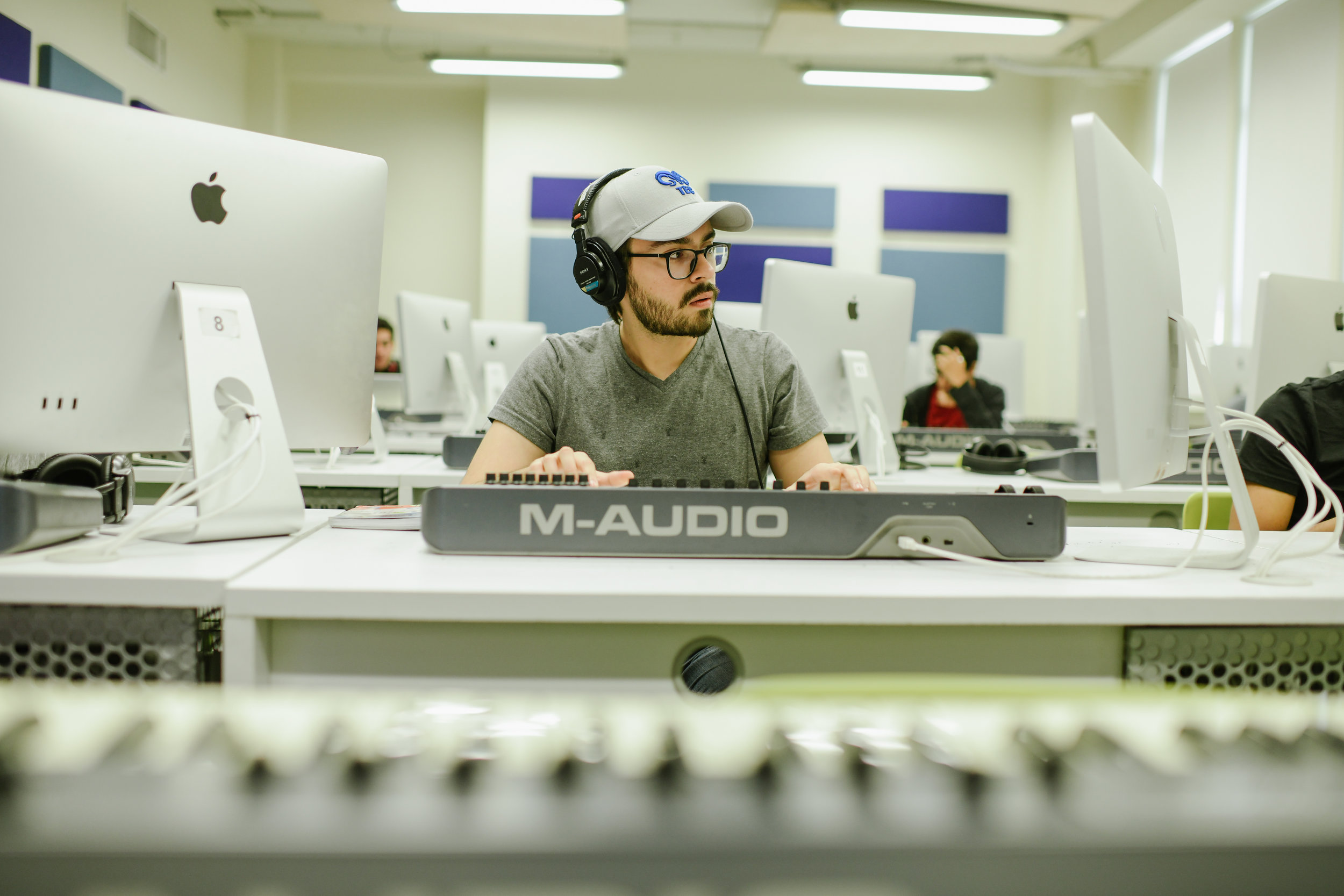Despite the increasing adoption of MOOCs in higher education, the lack of student discipline, little time spent on instruction and the cost of developing an online program impede their success.
Image: Bigstock
A survey reveals that the lack of student discipline, little time spent on instruction and the cost of developing an online program are some of the reasons why MOOCs fail.
The offer of online courses in higher education is growing exponentially. However, not all educational institutions have the resources to implement them or fail to make them effective and attractive. Factors such as the online learning platform, field of study of the program, the treatment of the curriculum, time of instruction, among others, determine the degree of success of online courses.
In this regard, Learning House, an online education consultancy, conducted an analysis of the state of online courses of more than 300 institutions in the US.
Barriers of online education
-
71 percent of the educational institutions surveyed state that the lack of discipline of students is one of the most critical obstacles in the success of MOOCs.
-
58 percent consider that instructors spend little time teaching online.
-
48 percent say that developing MOOCs is more expensive than face-to-face courses.
-
46 percent think that teachers do not believe in online education, while 43 percent state that more teacher training is needed.
-
53 percent see the retention of students as a critical challenge.
The future of MOOCs and alternative credentials
Despite the obvious challenges that universities have to establish online education as a fundamental part of their academic offer, many institutions report good results and plan to continue the development of MOOCs.
35 percent of the respondents think that MOOCs should offer to credential students through badges; 30% prefer micro-degrees and 26 percent favor certification programs.
Most respondents think that MOOCs and competency-based learning courses will shape the future of higher education. However, more experimentation and promotion of this type of education is needed.
This article from Observatory of the Institute for the Future of Education may be shared under the terms of the license CC BY-NC-SA 4.0 
)
)











)
Driveth Razo
Driveth Razo
Driveth Razo